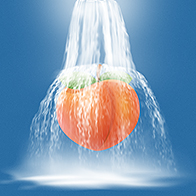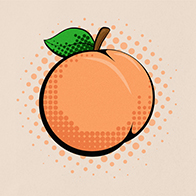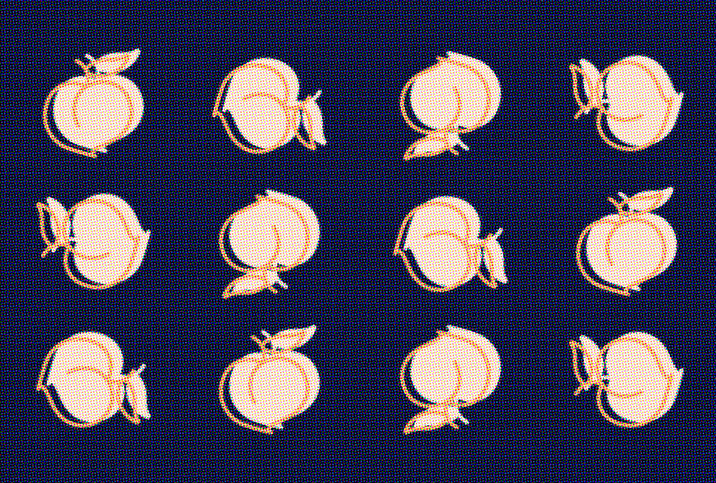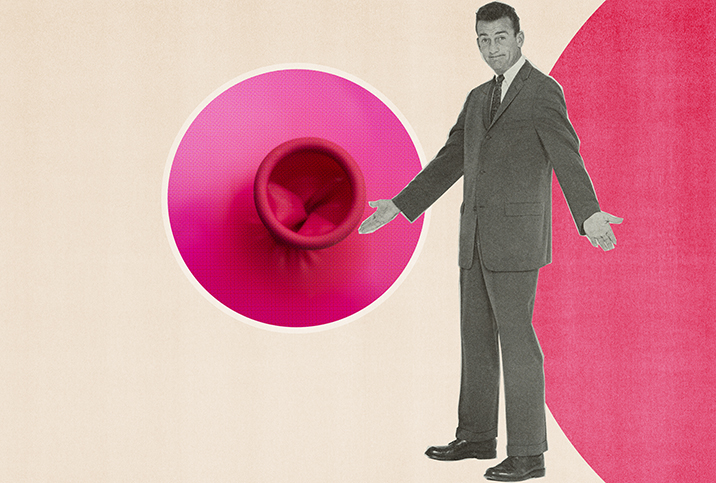Ladies, Let's Talk About the Risks of Anal Intercourse

Anal sex has been around for millennia, but it seems like in the past few decades, societal attitudes have relaxed enough for people to have informed, open discussions about it.
About 35 percent to 55 percent of Americans have tried anal sex, according to statistics published in February 2022 by Bedbible.com. One caveat is that 1 in 10 people are "very uncomfortable" talking about the subject.
When performed properly, anal sex can provide a profound experience, but the same rules don't apply to women as they do to men. Anatomically and psychologically, women need additional precautions when having anal sex, both to circumvent repercussions and to maximize pleasure.
Internal factors
On a base level, a woman's anatomical structure affects both the risks and enjoyment of anal intercourse. Take the tailbone, for example.
"Males have a long, straight tailbone, while females have a wide, short tailbone," said James Miller, M.D., who practices at Monarch OBGYN in Wooster, Ohio. "Females also have a shorter and straighter coccyx—the end of your tailbone—compared to males."
According to Miller, this results in a coccyx aimed at the ground rather than facing forward, which places the anus farther toward the back.
"This not only changes the positions that the anus may be more easily accessed—such as on hands and knees—but also allows for opportunities for deeper penetration during anal sex for females," Miller continued. "While this may be advantageous, women also must be careful that their partner does not overly penetrate the anus when first attempting anal sex."
According to Alix Agar, an associate marriage and family therapist at Shape Center in Beverly Hills, California, anal sex provides an alternative to vaginal intercourse for women who experience vaginismus or painful penetration, or don't have a viable vulva.
"Both men and women do have anatomical reasons for feeling increased pleasure through anal penetration," she said. "In women—because the anus and vulva are so close together—anal penetration reaches and stimulates erotic areas like the clitoris, the G-zone and the A-spot."
Though not gender-based, the possibilities of fecal incontinence and other damage should not be ignored. The three anal sphincters—which act as barriers within the anorectal system—are more prone to injuries in women because they aren't as flexible or thick as they are in males. Female anal canal muscles and pressure are similarly weaker.
"Weakening of the pelvic muscles/pelvic floor causing leakage or incontinence is a risk for women, especially if they've had children," Agar explained. "The risk increases with frequency, but this risk also exists with penis-vulva sex over the long term."
Sexually transmitted diseases (STDs) can be passed during anal intercourse as well.
"Anal sex has a higher transmission rate of STDs," Miller noted. "Diseases such as HIV and hepatitis have a higher transmission rate with anal intercourse compared to vaginal intercourse."
Agar added that chlamydia, gonorrhea, HPV and syphilis are transmissible via anal sex. She advocated to always use a condom to reduce risk. Women and their partners should be wary of cross-contamination, too.
"Women are especially susceptible to infection if their partners insert their penis or a sex toy into the vulva after it has been in the anus, increasing the chances of transferring bacteria from any feces lingering on the penis or toy into the vulva and vagina," she advised. "This practice is asking for trouble and should be avoided."
Further risks of anal intercourse include hemorrhoids and rectal prolapse, both of which involve the bowel protruding outside the body, Miller added. Hemorrhoids affect only the surface layer, whereas rectal prolapse encompasses a larger segment of the bowel. Both Miller and Agar agreed anal sex can irritate preexisting hemorrhoids and cause bleeding, particularly with insufficient lubrication and a high frequency of intercourse.
"Enjoying anal sex occasionally poses little or no risk to a woman's pelvic health," Agar explained. "When women report pain and/or bleeding, it should never be ignored, and persistent bleeding should be reported to a health professional."
Unfortunately, both experts said many doctors are unwilling to discuss these dangers with women for fear of being seen as homophobic or judgmental. This shortcoming leads to further damage, along with insufficient diagnoses and treatment.
External factors
Anatomy aside, societal and religious attitudes about women and anal sex can evoke shame. Fortunately, these attitudes have begun to shift.
"Because the anus has traditionally been associated with feces, anal sex was generally considered dirty, unhygienic and unnatural," Agar said.
Miller explained that the freedom to discuss anal sex with both your partner and your social circles has led to more women trying it, especially if the experiences are pleasurable.
"This shift is positive, allowing couples to be more open about their desires, and negative, where couples may find their partners' desires aren't in line with their own," he said. "These conversations can create tension. Further, bringing past experiences into another relationship [and] expecting their new partner to want the same things is presumptuous and can facilitate nonconsensual encounters."
Agar suggested some men view anal sex as an item on the "sexual menu" they want to try. They may assume their partner wants to experience it as well.
'Having anal sex with your partner implies that your sex life is 'dirty,' but in a good way…meaning hot and adventurous.'
"Younger, sexually inexperienced women may feel they have less control or less say over what happens during sex, especially in a situation where they don't know the other person well and fear that if they don't give their partner what they want, the relationship may fail," she said.
To avoid being pressured into anal sex, Miller advocated talking to your partner or someone you trust.
When anal sex becomes part of a committed, long-term relationship, Agar noted that some women feel more intimate and powerful, as well as more pleasure and enjoyment.
"Having anal sex with your partner implies that your sex life is 'dirty,' but in a good way…meaning hot and adventurous," she explained, adding that great sex—whether anal, oral or vaginal—is always based on the same formula: two people who are open, communicative, connected and focused on the pleasure of the other person.
"Be careful when having anal sex. Always choose your partners carefully, take things slow and use appropriate lubrication," Miller advised. "This can help anal sex be both safe and a positive experience. Understand your body and understand your options. Women have options. Don't ever forget it."




















